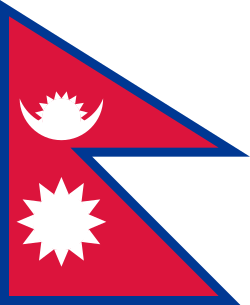This article has multiple issues. Please help improve it or discuss these issues on the talk page . (Learn how and when to remove these messages)
|
Corruption in Nepal (Nepali : नेपालमा भ्रष्टाचार) is widespread and extends to every sector from the government to the judiciary, police, health services, and education. [1]
